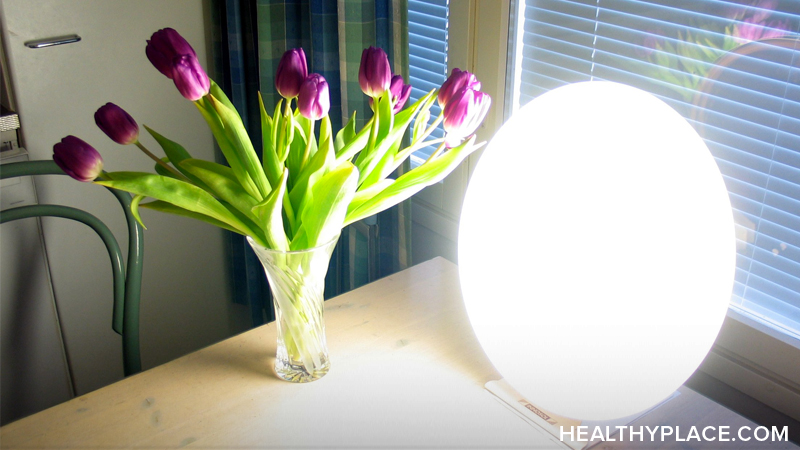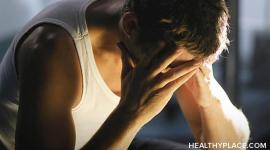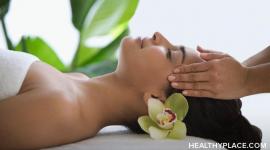Light Therapy for Depression

Overview of light therapy for seasonal affective disorder (SAD) and whether light therapy works in treating winter depression.
What is Light Therapy?
Light therapy involves exposure to bright light for around 2 hours each day, usually in the morning.
How does Light Therapy work?
Light therapy is mainly used for people who tend to become depressed in autumn and winter, when the daylight is shorter. These people then get better in spring and summer. The lack of light in winter is thought to affect their natural body rhythms.
Is Light Therapy effective for depression?
There is good evidence that light therapy helps people with winter depression. It works better than placebos (treatments with no known effect) and as well as antidepressant drugs. The therapy works best if given early in the morning rather than later in the day. Also, the brighter the light, the greater the benefit. There is less evidence on whether light therapy helps people whose depression is not seasonal. However, the small number of studies show that it could be beneficial.
Are there any disadvantages to Light Therapy?
Light therapy can produce mild mania (over-excitement) in some people. Problems in getting to sleep at night have also been sometimes found.
Where do you get Light Therapy?
Light therapy usually involves sitting in front of a bank of bright fluorescent lights. Equipment such as light boxes and dawn simulators are available to buy over the Internet. However, except in countries that have very short winter days, you can get the necessary light exposure by a 1 or 2 hour walk outside in the morning, even on overcast winter days.
Recommendation
Light therapy is one of the best treatments for winter depression and may also be helpful for other types of depression.
Key references
Tuunainen A, Kripke DF, Endo T. Light therapy for non-seasonal depression (Cochrane Review). In: The Cochrane Library, Issue 3, 2004. Chichester, UK: John Wiley & Sons, Ltd.
Wirz-Justice A. Beginning to see the light. Archives of General Psychiatry 1998; 55: 861-862.
APA Reference
Staff, H.
(2008, November 2). Light Therapy for Depression, HealthyPlace. Retrieved
on 2026, January 25 from https://www.healthyplace.com/alternative-mental-health/depression-alternative/light-therapy-for-depression



